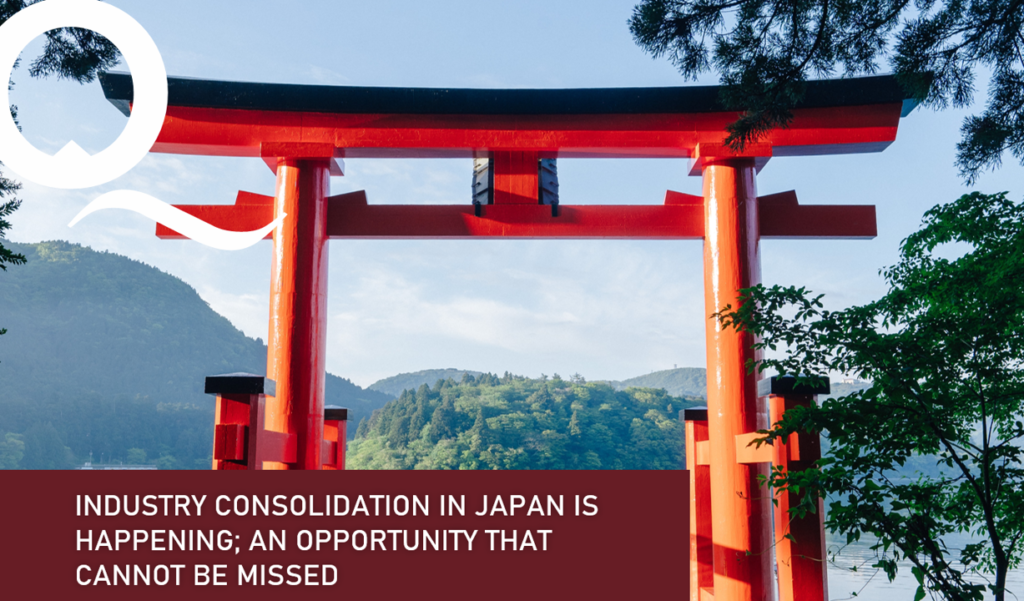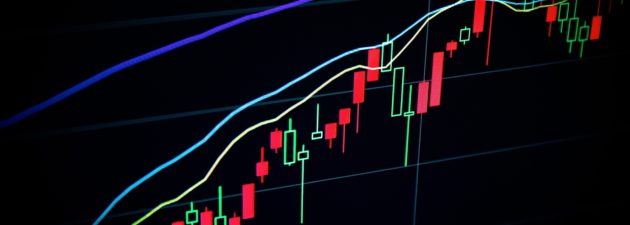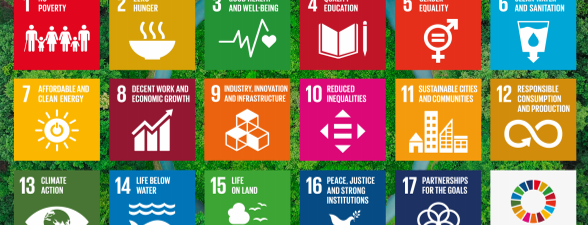Fragmented industries, entrenched managements and companies’ defence tactics hampering takeovers and weighing on competitiveness have long been the distinctive features of Japan’s economic landscape. Domestic government pressure such as new guidelines to promote M&A are starting to reshape the corporate environment and spurring consolidation.
In this webinar held 17 October 2023, Rupert Kimber, coming recently from a field visit in Japan, Fund Manager of Quaero Capital Funds (Lux) – Taiko Japan explained to us how the consolidation is now working. To illustrate the industry consolidation, he will use Yoshimura Food and Scallop as a case study; as well as other portfolio holdings in the consolidation space.
Webinar link
Link to Rupert Kimber’s trip observations in Japan September 2023
Link to webinar with Mr Motohisa Yoshimura, CEO of Yoshimura Food
During this webinar held on 16 June 2021, Rupert Kimber, Fund Manager of the Quaero Capital Funds (Lux) – Taiko Japan, had the pleasure to host Mr Motohisa Yoshimura. The CEO of Yoshimura Food, presented his development strategy and gave us an insight about how his company is taking advantage of the changes in Japan’s corporate landscape.








